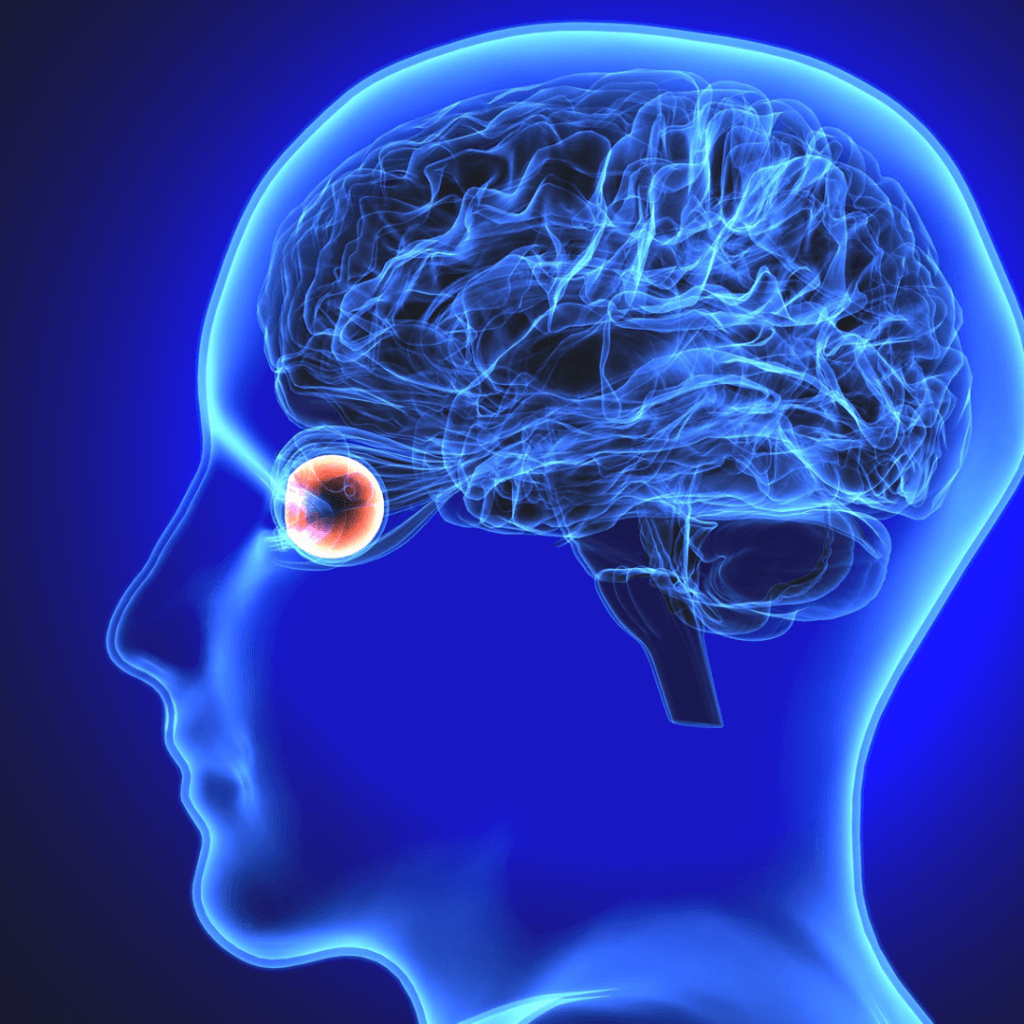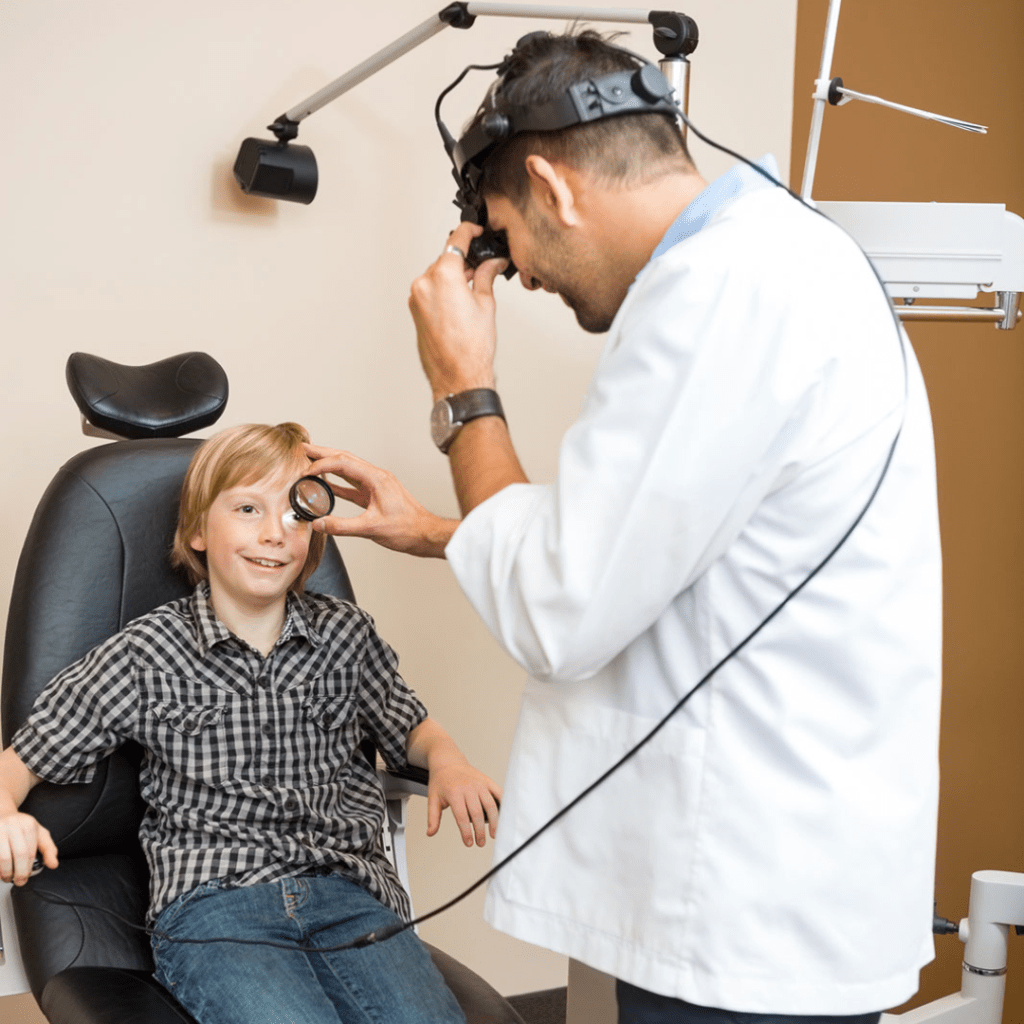The eyes are the second most complex organ in the body after the brain. They are the specialized organ responsible for taking in visual information, converting it into electrical impulses, and sending those impulses to the brain for perception. The eyes serve a variety of purposes, which is why ophthalmology has many super specialists.
General Ophthalmology

General ophthalmologists can treat most anterior segment diseases, carry out investigative procedures, and perform cataract surgeries.
The patient may be referred to a specialist if necessary if the general ophthalmologist notices any eye symptoms or signs that call for additional evaluation and treatment.
Cornea and Refractive Surgery
These specialists frequently treat corneal diseases and carry out corneal transplant and refractive surgery. They specialize in cataract surgery as well.
Glaucoma
The focus of this particular subspecialty is on glaucoma diagnosis and treatment.
Treatment for glaucoma and related conditions includes both medical and surgical measures.
Neuro-Ophthalmology

The expertise in this field of study combines knowledge of neurological and ophthalmological conditions, such as damage to the optic nerve that impairs vision.
There is frequent use of electrophysiological testing in this setting, such as visual evoked potentials (VEPs) and electroretinography (ERGs), and imaging modalities like CT scans, MRIs, etc.
Oculoplasty:

Oculoplastic surgeons are ophthalmologists who specialize in plastic and reconstructive surgery of the area around the eye.
The facial tissues treated by oculoplastic surgeons are the eyelids, tear ducts, brows, forehead, and orbit (the bony cavity around the eye).
Ptosis, or the drooping of the eyelid, tear duct surgery, and ectropion, or the outward turning of the lower eyelid, are a few of the common conditions they treat.
Ocular Oncology
This subspecialty deals with providing patients with ocular cancer with medical, chemotherapeutic, radiotherapeutic, and surgical care.
They are in charge of processing and deciphering eye pathology specimens to inform treatment choices.

Ophthalmic Pathology
With the combination of ophthalmology and pathology, doctors can provide accurate diagnoses of eye and adnexal diseases by analyzing tissue samples.
Pediatric Ophthalmologist
Children’s ocular conditions are the main focus of this subspecialty. This frequently includes amblyopia, genetic abnormalities, neoplastic diseases, strabismus, or misalignment of the eyes and ocular implications of systemic diseases.
Uveitis and immunology
This area of expertise treats immune-mediated ocular conditions that cause inflammation of the eye’s iris, ciliary body, or choroid.
Management frequently includes steroids and other immune modulators.

Vitreo-Retina
This subspecialty deals with the medical and surgical management of retinal and vitreoretinal diseases like diabetic retinopathy, retinal detachment, AMD, etc.
They may employ medical, intravitreal injection, laser, and surgical techniques to treat such conditions.
QUICK SUMMARY:
Ophthalmology has a wide range of super specialists, so even though it may be overwhelming for patients to switch between them, it is crucial for the patient’s proper management. This article merely provides a summary of the different subspecialties within the field of ophthalmology.
